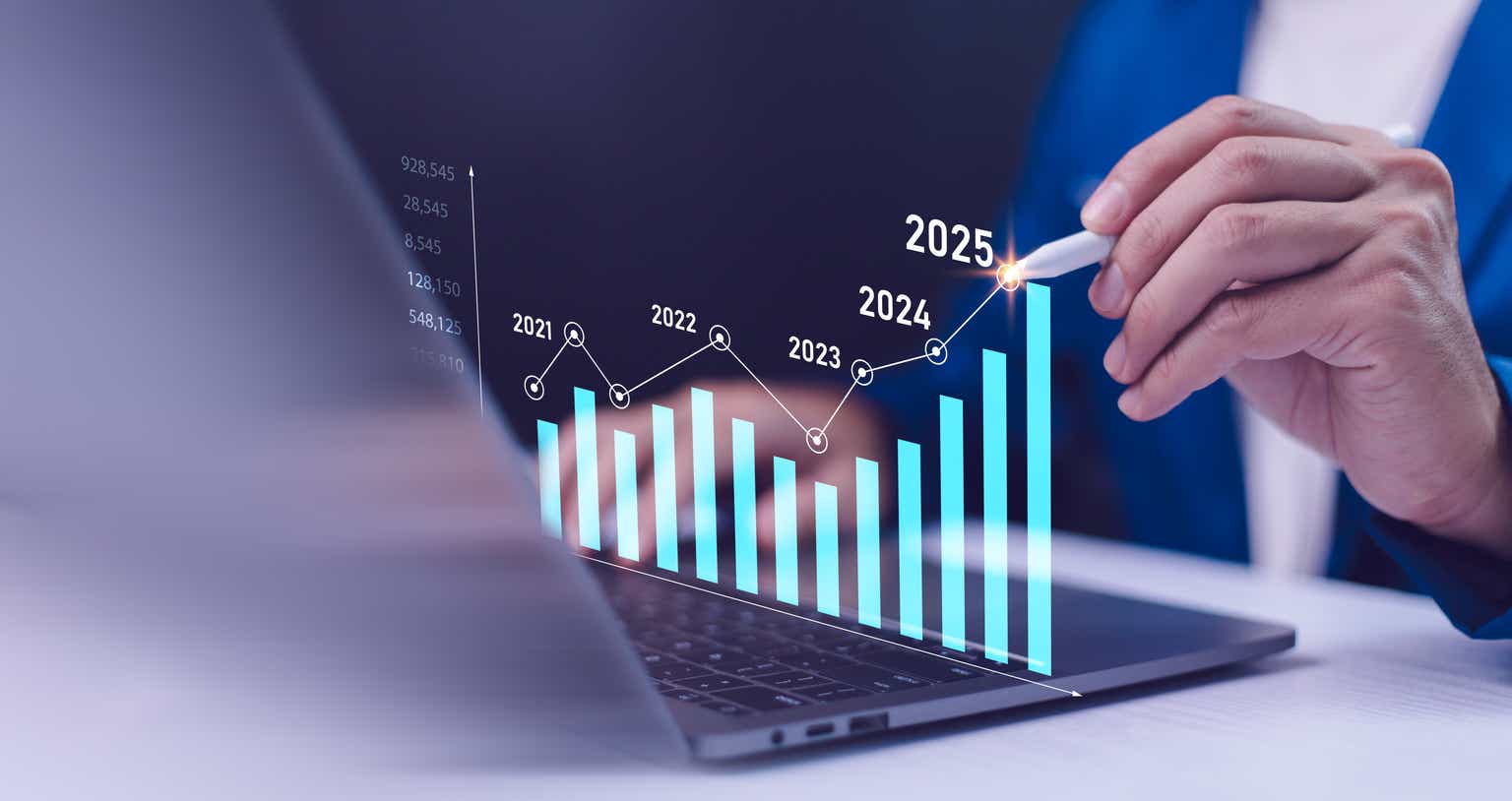Germany Unveils 'Investment Booster' Plan to Fuel Growth Amid Global Economic Headwinds

Berlin, Germany – In a move aimed at bolstering economic growth and navigating ongoing global trade uncertainties, German Finance Minister Lars Klingbeil announced a significant “investment booster” initiative on Tuesday. The plan, expected to roll out before the summer parliamentary break, seeks to incentivize both domestic and foreign investment in key sectors of the German economy.
Speaking at a press conference in Berlin, Klingbeil emphasized the importance of proactive measures to safeguard Germany's economic stability. “We are facing a complex global landscape with persistent challenges to international trade,” he stated. “This investment booster is designed to provide a crucial stimulus, fostering innovation, creating jobs, and ensuring Germany remains a competitive and attractive destination for investors.”
Key Components of the Investment Booster
While the specifics of the plan are still being finalized, initial reports indicate a multi-pronged approach focusing on several key areas:
- Tax Incentives: Targeted tax breaks for companies investing in research and development, renewable energy projects, and sustainable technologies. This aims to encourage businesses to prioritize long-term investments that align with Germany’s climate goals.
- Streamlined Bureaucracy: A commitment to simplifying and expediting the approval processes for investment projects, reducing red tape and making it easier for companies to establish operations in Germany. This is a recurring concern raised by businesses operating in the country.
- Infrastructure Investment: Increased funding for critical infrastructure projects, including transportation networks, digital infrastructure, and energy grids. Improved infrastructure is seen as essential for supporting economic activity and attracting investment.
- Support for SMEs: Specialized programs and financial assistance tailored to small and medium-sized enterprises (SMEs), which are the backbone of the German economy. This includes access to capital, mentorship programs, and support for digitalization efforts.
Economic Context and Challenges
The announcement comes at a time of heightened economic uncertainty. Global supply chain disruptions, rising inflation, and the ongoing war in Ukraine continue to weigh on the German economy, Europe's largest. Recent data has shown a slowdown in economic growth, prompting concerns about a potential recession. Analysts believe that the investment booster is a necessary response to these challenges, although its effectiveness will depend on its implementation and the broader economic environment.
“The success of this initiative hinges on several factors,” noted Dr. Annaliese Weber, an economist at the Kiel Institute for the World Economy. “Firstly, the details of the tax incentives need to be carefully designed to avoid unintended consequences. Secondly, the government must genuinely commit to streamlining bureaucracy, which has historically been a challenge. And finally, the global economic situation will play a crucial role in determining whether companies are willing to invest, even with these incentives.”
Looking Ahead
The German government is expected to present a detailed proposal for the investment booster to parliament in the coming weeks. The plan is likely to be subject to debate and potential amendments before being formally approved. However, Minister Klingbeil expressed confidence that the initiative will provide a much-needed boost to the German economy and help to secure its future prosperity. The focus on sustainability and innovation aligns with Germany’s long-term strategic goals, positioning the country as a leader in the global green transition.





